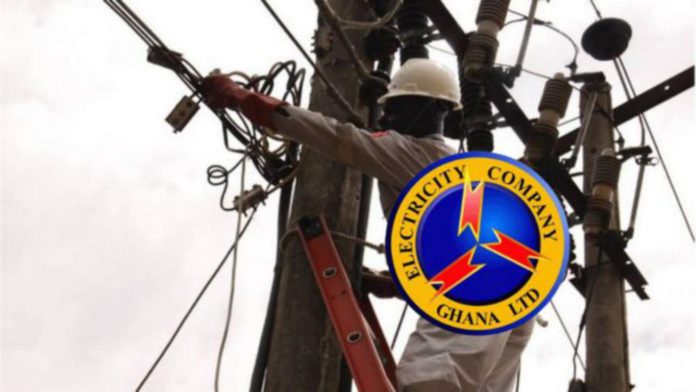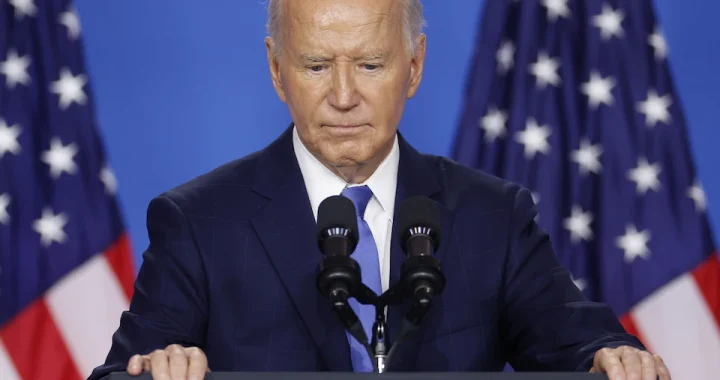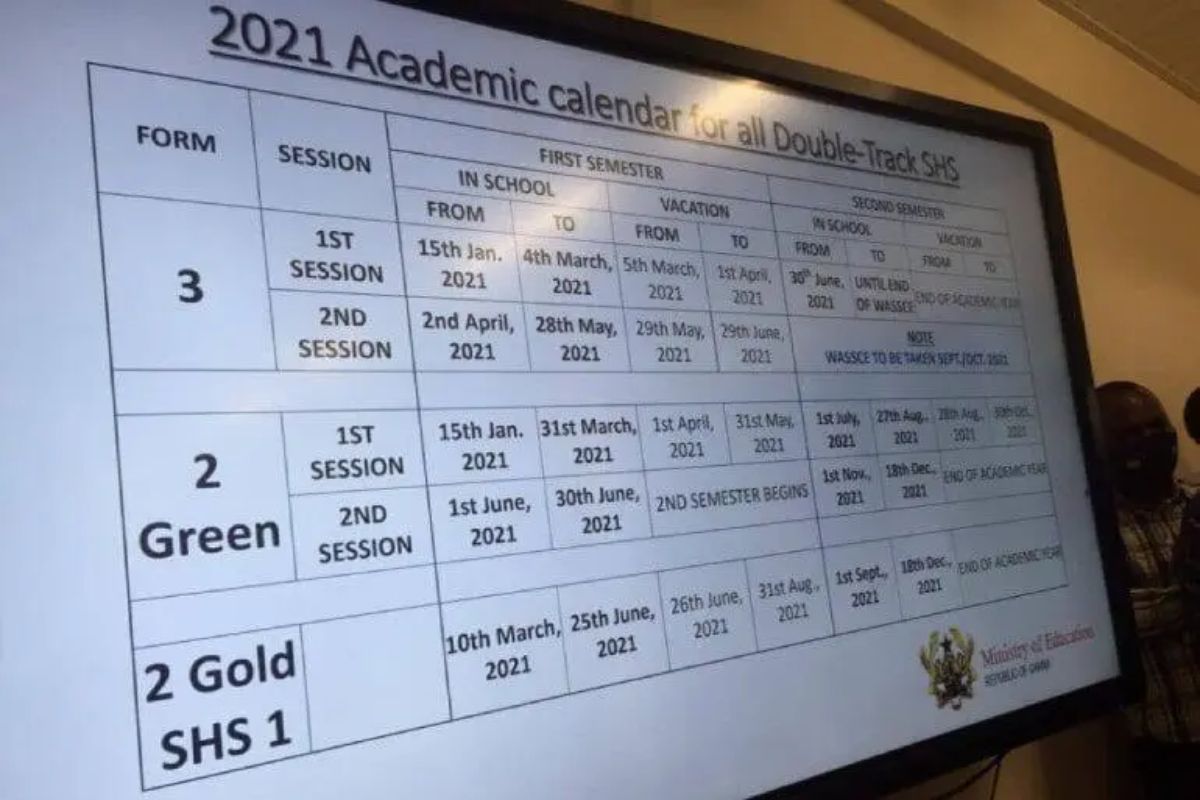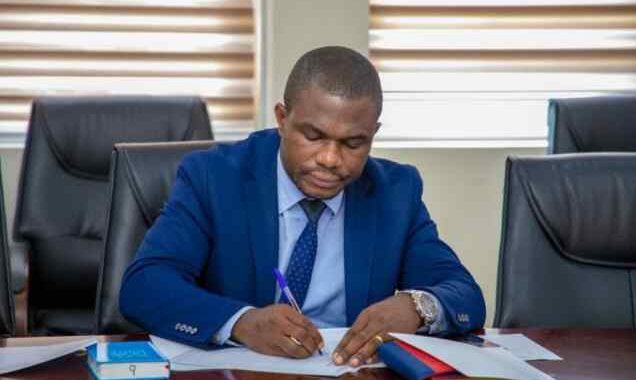PURC Directs ECG to Provide Load Management Timetable Amidst Dumsor Concerns

The Public Utilities Regulatory Commission (PURC) directs Electricity Company Of Ghana (ECG) to provide load shedding timetable amidst current dumsor crises.
PURC wants the Electricity Company of Ghana (ECG) to furnish it with a detailed load management timetable by April 2, 2024.
Despite recent power interruptions, ECG has negated the necessity for a load-shedding timetable. However, the company has identified 630 overloaded transformers during peak hours as a significant contributing factor to the crisis, indicating that these transformers have surpassed their full capacity due to escalating electricity demand.
READ ALSO: Dumsor Timetable For March 2024
In a statement issued on Monday, March 18, 2024, PURC mandated ECG to provide comprehensive details including ratings and current loadings of overloaded distribution transformers, GPS locations of these transformers, ratings of new transformers slated for installation at each location, installation timelines and durations, a corresponding load management timetable, and evidence of dissemination of this information to consumers.
The directive comes amidst growing concerns over ‘Dumsor,’ a term used to describe erratic power supply in Ghana, underscoring the urgency for effective management and communication strategies to mitigate its impact on citizens.
For the full statement by PURC, interested parties can refer to the provided link.
About PURC
The Public Utilities Regulatory Commission (PURC) was established in October 1997 under the Public Utilities Regulatory Commission Act, 1997 (Act 538) as a multi-sector regulator to regulate the provision of electricity and water utility services. The establishment of the Commission was part of the Government of Ghana’s utility sector reform process.
By virtue of the Energy Commission Act, 1997 (Act 541) PURC also regulates transportation of natural gas services.
Under Section 4 of Act 538, PURC is an independent body and is not subject to the control of any authority in the performance of its functions. The Commission however submits annual operational and financial reports to Parliament. The Office of the President also exercises some administrative oversight for the Commission.
PURC is made up of nine Commissioners including a Chairman, an Executive Secretary, an institutional representative each for labour, industry and domestic consumers, as well as 4 experts in various aspects of the Commission’s work. Commissioners are appointed by the President in consultation with the Council of State for five-year terms, which are renewable. The Commission is supported by a Secretariat headed by the Executive Secretary


 Civil Service Announces 2024 Online Examination Details for Graduate Applicants
Civil Service Announces 2024 Online Examination Details for Graduate Applicants  BREAKING: President Biden Announces Decision Not to Seek Reelection
BREAKING: President Biden Announces Decision Not to Seek Reelection  Real Reason Behind the Appointment of Yohunu as Deputy IGP
Real Reason Behind the Appointment of Yohunu as Deputy IGP  GES 2024-2025 Academic Calendar for Public Schools
GES 2024-2025 Academic Calendar for Public Schools  GES to recruit university graduates and diploma holders-GES Director General
GES to recruit university graduates and diploma holders-GES Director General  Dr. Bawumia’s Smart Phone Credit Will Take 125 Years To Repay: A Misleading Promise
Dr. Bawumia’s Smart Phone Credit Will Take 125 Years To Repay: A Misleading Promise  GES is expected to announce reopening dates for public schools today
GES is expected to announce reopening dates for public schools today